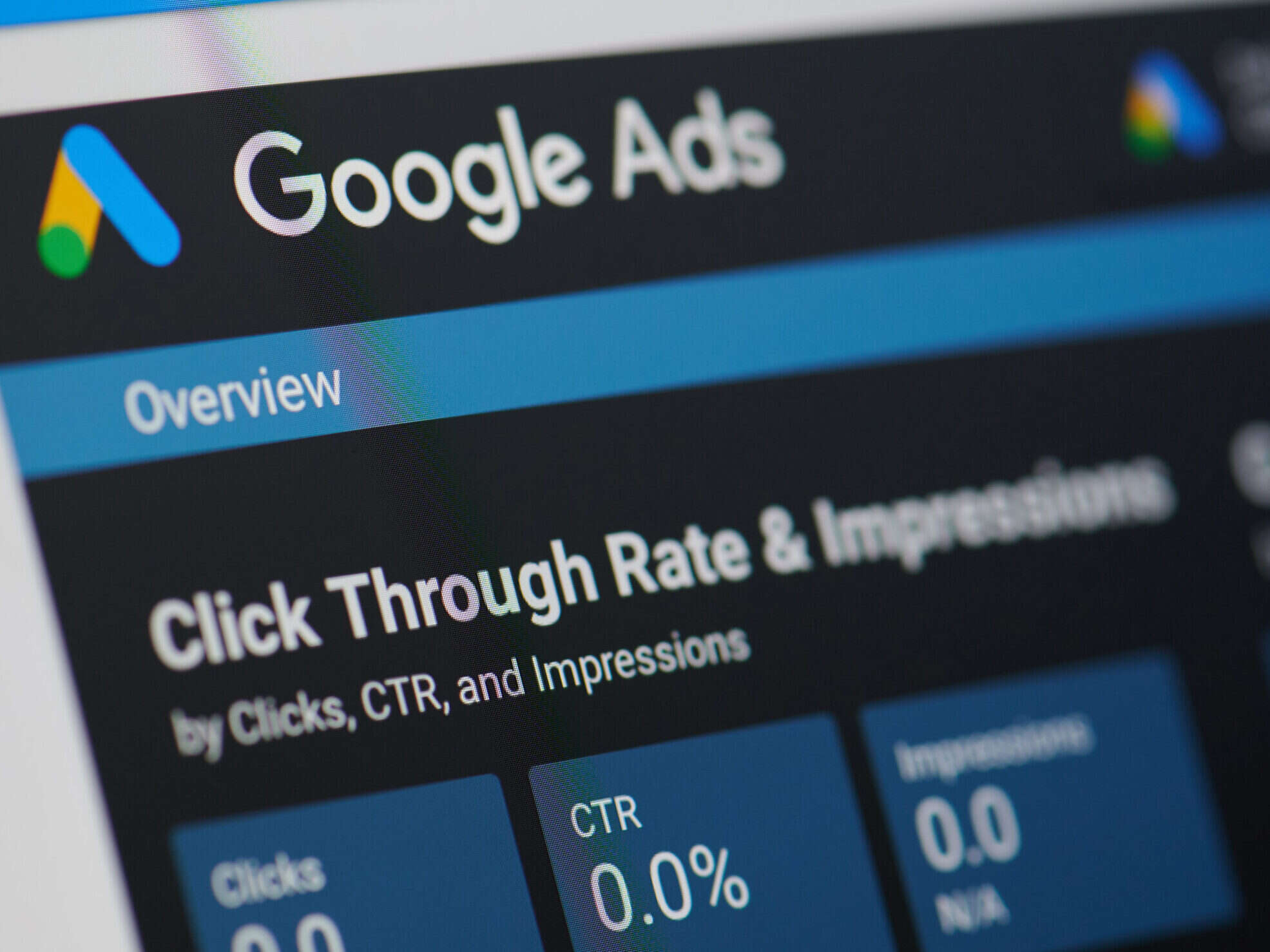
A proposed “governance framework” for Google’s Privacy Sandbox technology lets the tech giant “mark its own homework” around competition issues.
This is the view of the Movement for an Open Web on the latest news around Google’s proposed advertising technology for its dominant Chrome browser.
The framework, which has been articulated in response to Competition and Markets Authority concerns that Privacy Sandbox could help Google “self-preference” in the digital ad market, proposes remedies such as annual reports to the CMA and the introduction of an appeals process.
In a report published this week, the CMA indicated that the framework “could resolve a range of outstanding issues” around competition and privacy in Google’s Privacy Sandbox, a suite of technologies designed to place advertisements online without the need for third-party cookies.
However, the CMA added the framework would only resolve those issues provided it “is implemented effectively. Until Google has done so, these issues will remain unresolved”.
Sandbox technology will be offered as an alternative to third-party cookies as a way of personalising online advertising, in the process making publisher ad inventory much more valuable.
What’s in Google’s proposed governance framework for Privacy Sandbox?
Google has told the CMA its Privacy Sandbox governance framework can feature:
- The introduction of a formal consultation period for major changes to any Privacy Sandbox tools with a feedback period currently pegged at three weeks
- The introduction of an externally-managed appeals process that would, for example, allow publishers to appeal Google decisions around the Sandbox
- Annual reports to the CMA and the Information Commissioner’s Office.
The co-founder of campaign group Movement for an Open Web, James Rosewell, said the framework “does little to calm real-world concerns”.
One of those concerns is that Google, which boasts large amounts of first-party data from logged-in users of products like Youtube and Gmail, will benefit disproportionately from the introduction of Sandbox technology.
In its last report on the issue, in April 2024, the CMA said it was considering “whether additional restrictions may be needed to resolve this concern”. There does not appear to have been any motion on this front since then: in its latest report, the regulator wrote that it is “continuing to discuss this issue with Google”.
Rosewell said that this issue “has been flagged from day one and it’s still outstanding… We need to chalk up this anti-competitive effort as a failure”.
Google also appears not to have offered the CMA any guarantees that publishers won’t be penalised in Google search if they decline to use Privacy Sandbox.
The CMA has said previously that Google has confirmed its search engine “will not use a site’s decision to opt-out of the Topics API as a ranking signal”, but the Topics API (application programming interface) is only one of numerous that make up the Privacy Sandbox.
In this week’s report, the CMA said only that “we are continuing to discuss this issue with Google”. (Experts Press Gazette spoke with in April suggested the tech giant’s hesitancy to make further promises may arise from the fact some of the Sandbox APIs pertain to user protection, for example around spam and fraud, which could be legitimate reasons to down-rank a site.)
[Read more: Fears Google could down-rank publishers who decline to use Privacy Sandbox]
Rosewell said that the framework “is being pushed as a solution to many ills but it’s clear that it’s a weak veneer of self regulation that does little to calm real-world concerns.
“The proposed structure is little more than Google marking its own homework as it oversees its monopolistic dominance of the market. Without true independence and broad scope Google’s so-called Governance Framework will just be more window dressing.”
Responding to the criticism, a spokesperson for Google said: “We believe our approach supports healthy competition across the industry while improving user privacy. This approach, which lets people make an informed choice that applies across their web browsing, is still being discussed with regulators and we will share more details at the appropriate time.”
The CMA’s report comes after Google announced in July that it would not scrap third-party cookies on its Chrome browser, a decision that itself came four years after the company first promised to deprecate the tech.
Cookies help marketers target their ads to specific audiences and improve news publisher ad revenue by giving them, and their advertisers, a more detailed picture of who reads their content. Google’s Privacy Sandbox is intended to let advertisers target readers with relevant ads while protecting their privacy by sorting them into “cohorts” with similar interests and recent web activity.
Chrome users will now be able to choose to continue using third-party cookies if they prefer, but the CMA said its concerns around the technology remain relevant: “For the proportion of traffic where third-party cookies are unavailable, the Privacy Sandbox tools will remain important for the ad tech ecosystem to target and measure advertising”.
Email pged@pressgazette.co.uk to point out mistakes, provide story tips or send in a letter for publication on our "Letters Page" blog
